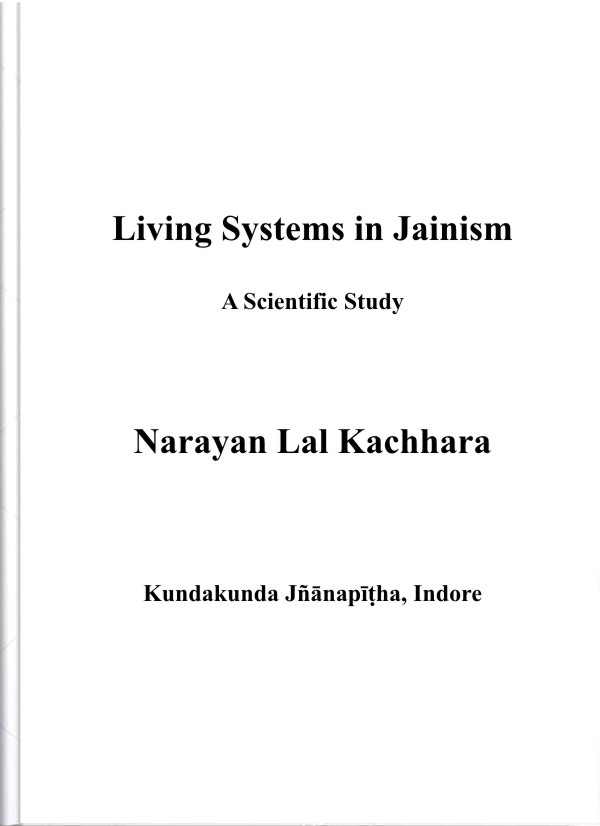Scientific explorations of nature are based on experimental investigations and theoretical analyses of phenomena. Here the objective view prevails over the subjective view, as the findings are confirmed and reconfirmed for their validity. In this situation, buddhi is supposed to play the main role; mind (manah) remains in the background and is used primarily for thinking and imagining alternative ways to attack and solve the problem in hand. Philosophy, on the other hand, takes the help of arguments to reach a conclusion in a particular case that involves broad thinking and imagination in addition to subjective personal experiences. Philosophy thus appears to be primarily an act of the mind, while buddhi is a component of the mind that helps in the process of thinking and advancing arguments.
This proposition helps in the comparison of scientific and philosophical approaches. A scientific approach that is not influenced by conduct-deluding karma would be free of the personal background of the investigator. However, his or her perceptions would still be coloured by view-deluding karma and therefore would be relative in nature. Previous knowledge (or ignorance) is a factor in the mental processes of the mind, but buddhi is the primary force in arriving at the final conclusion. For this reason, scientific findings cut across cultures and take a universal form. This means that scientific conclusions based on a set of experiments conducted in the East or West shall be the same. Philosophy, on the other hand, is biased by personal conduct and personal knowledge. Philosophical arguments tend to vary across individuals and have strong cultural influences. For example, Sigmund Freud considered sexual desires to be the main cause of the unconscious; a similar study conducted in India might have given another cause, e.g. samskara, for the same phenomena. This makes it difficult for philosophy to reach a consensus; differences may continue to exist between different thinkers. However, both scientific knowledge and philosophical knowledge fall into the domain of empirical knowledge, matijnana, as the soul acquires this knowledge through the mind and senses.
The interaction of science and philosophy can be gainful for our overall development. Philosophy presents a wide spectrum of thoughts that can stimulate scientific research in a new direction. Philosophy can also be more satisfying to individuals as it is nearer to the mind (manah) and may meet some of their aspirations. Science provides new grounds to philosophy for further arguments, giving it a dynamic character.
 Dr. N.L. Kachhara
Dr. N.L. Kachhara
